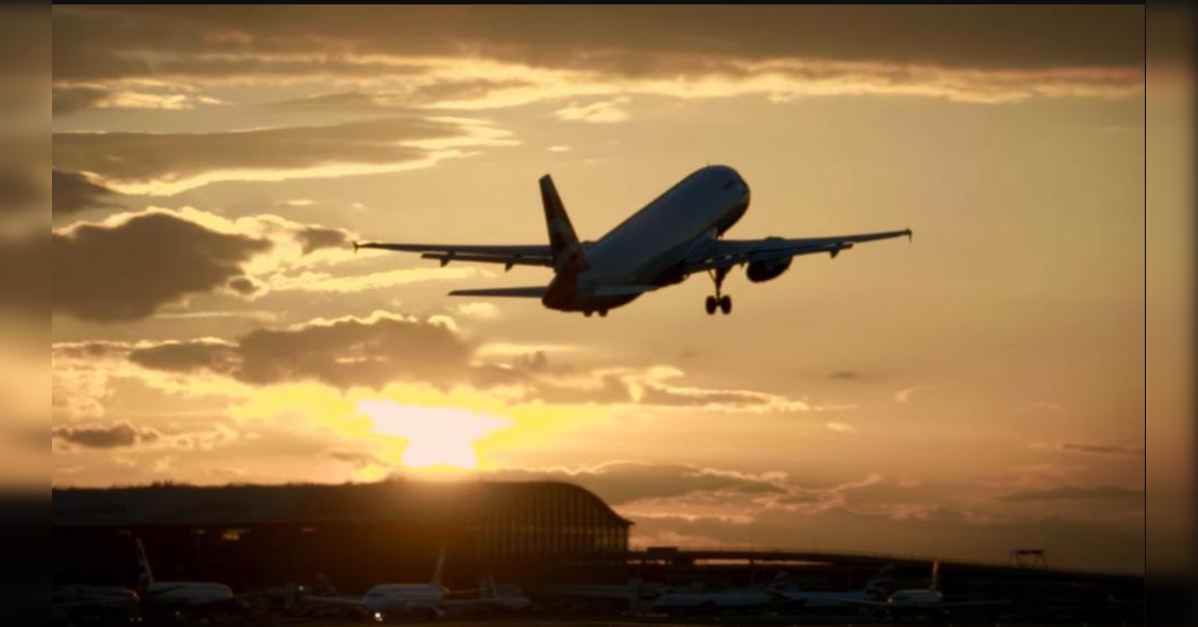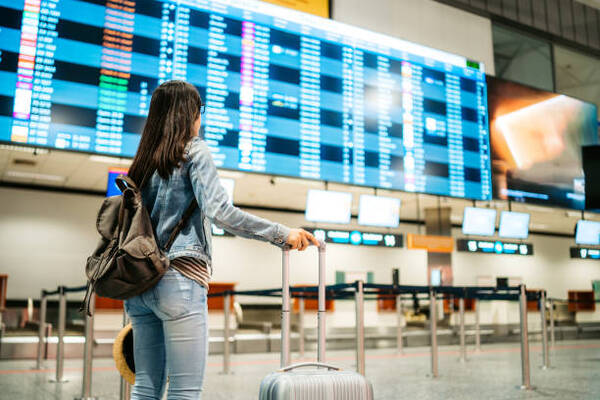Major Change to EU Flight Compensation Rules: What International Tourists Need to Know - Travel And Tour World
Sunday, June 8, 2025

International tourists flying to and from the European Union are about to experience a significant change in flight compensation rules. Under the current regulations, passengers are entitled to compensation for delays of three hours or more on most short-haul flights. However, the European Union is set to extend this period to four hours, meaning fewer passengers will qualify for compensation under the new guidelines.
While this adjustment has raised concerns, it’s not all bad news for travelers. The European Consumer Organisation (BEUC) has pointed out that although fewer passengers may be eligible for compensation due to shorter delays, the compensation amount will increase. Short-haul delays will see compensation rise from €250 to €300, while long-haul flight delays will also be affected, with compensation dropping from €600 to €500.
In addition to changes in compensation, the new rules also aim to improve the passenger experience when delays occur. The EU is introducing stronger measures for rerouting passengers, ensuring that they can be placed on alternative flights with minimal wait times, even on other airlines if necessary.
This shift in flight compensation rules is expected to create confusion for international tourists, especially those traveling within the EU or with EU-based airlines. As this transition unfolds, it’s important for travelers to understand how the changes may impact them and what they can do if their flights are delayed.
In this article, we’ll explore what these new changes mean for international tourists, how they affect compensation eligibility, and how travelers can navigate the evolving landscape of flight delays in the EU.
The European Union has introduced changes to its flight compensation rules that will affect international tourists traveling to, from, and within the EU. Here’s what travelers need to know about the major shifts:

These new rules are likely to affect international tourists, particularly those traveling to and from Europe. The changes come at a time when air travel is increasing, and flight delays are a common frustration for many travelers. For international tourists, it’s important to understand how the new rules might impact their compensation eligibility and how they can still benefit from the protections in place.
If you’re traveling to or from the EU, it’s important to keep in mind that these changes mainly affect EU-based airlines and flights departing from or arriving in the EU. Passengers flying with airlines from non-EU countries or flying between non-EU destinations won’t be impacted by these changes, as they fall under different regulations.
If you’re traveling on a short-haul flight within Europe, and your flight is delayed by more than four hours, you’ll be eligible for compensation. However, if the delay is between three and four hours, you’ll no longer qualify for compensation under the new rules. For long-haul flights, delays of over six hours will still qualify for compensation, but the compensation amount will be slightly lower than before.
One of the most important changes introduced by the EU’s new rules is the improvement in rerouting procedures for passengers who experience delays. Under the current rules, airlines are required to provide alternate flight options if your flight is delayed by more than three hours. However, passengers often face long waits, and airlines sometimes fail to book them on available flights with other carriers.
With the new rules in place, passengers will have more flexibility. If your airline fails to rebook you on a timely flight, you’ll now be able to buy a new ticket with another airline and claim up to 400% of the original ticket price from the airline responsible for the delay. This new approach is designed to ensure that passengers aren’t stuck waiting for days for a seat on a delayed flight, and instead, they can continue their journey without undue delays.
For tourists traveling to Europe, these changes are significant, as they reflect a broader shift toward improving the passenger experience, particularly in the case of flight disruptions. While the extended delay window for compensation may seem disappointing for some, the increased compensation for longer delays helps to balance the impact.
Moreover, the introduction of easier rerouting options will allow passengers to regain control over their travel plans if their flight is significantly delayed. This not only makes air travel more reliable but also ensures that travelers aren’t left stranded when facing extended delays.
For international tourists visiting popular European destinations, it’s important to be aware of these updates when booking flights, especially when flying with EU-based airlines. While the compensation rules may differ based on your flight’s departure point and destination, being informed will help you navigate any disruptions that may occur.
To navigate the updated EU flight compensation rules effectively, here are a few tips for international tourists:
The EU’s new flight compensation rules are a step forward in improving the overall travel experience for international tourists. While the changes may create some confusion and limit compensation for some short delays, the increased compensation and better rerouting options should provide more value for passengers in the long run.
As air travel continues to grow in popularity, these regulatory updates aim to enhance the efficiency of the travel process, making it easier for tourists to plan their journeys and feel confident in their rights as passengers. Whether you’re heading to Europe for business, leisure, or adventure, understanding the new rules will help you make the most of your travel experience.









